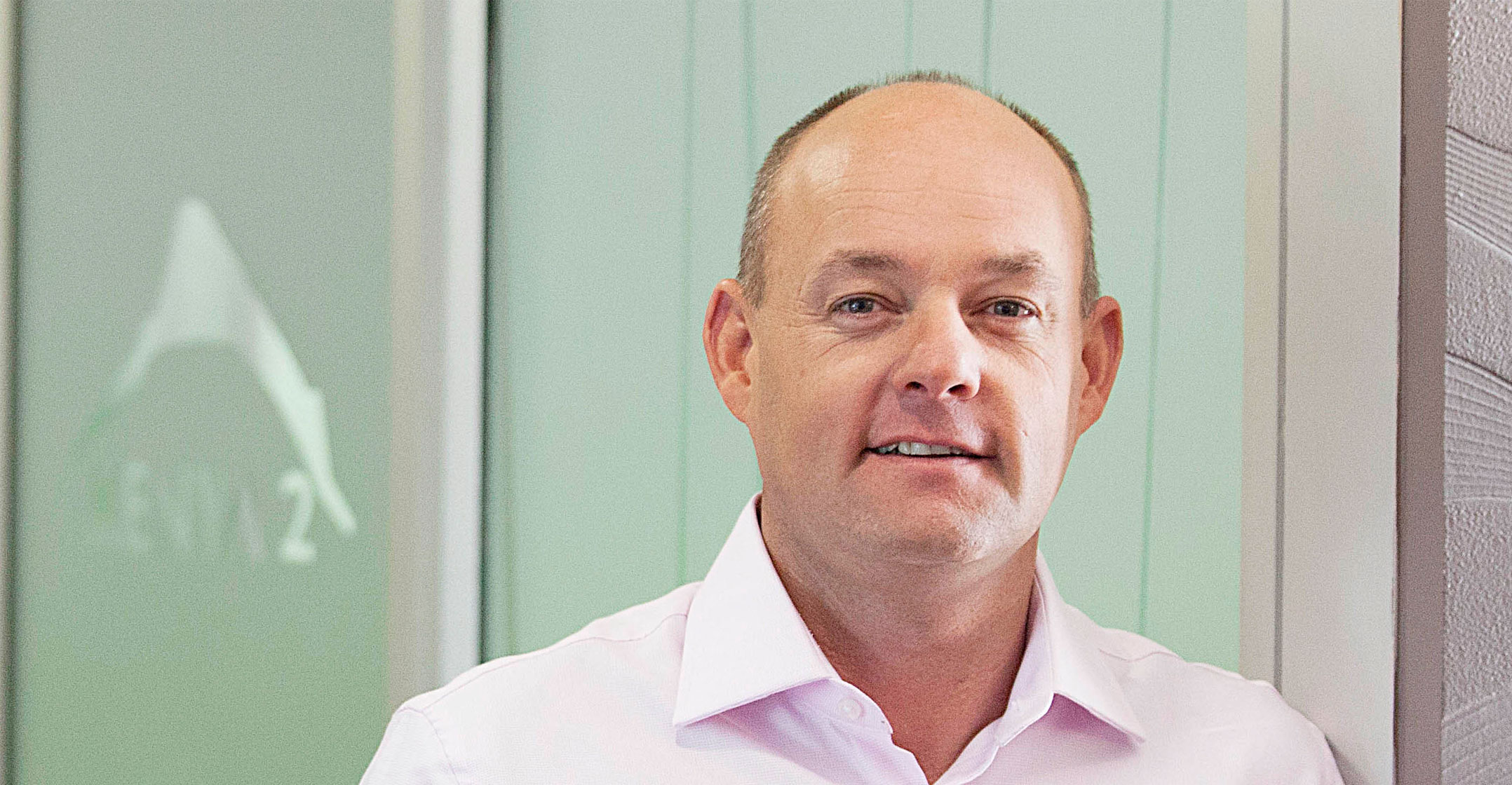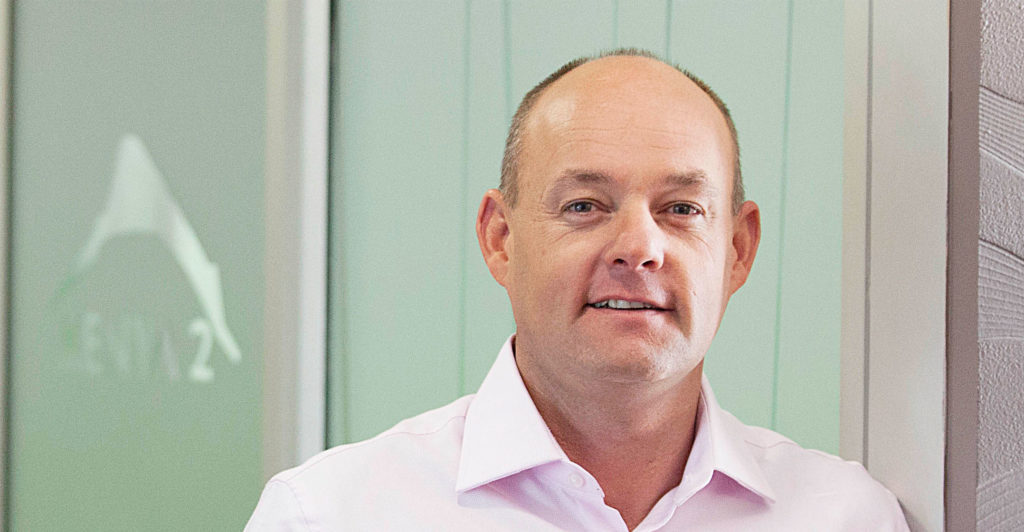Vox has more than doubled its planned roll-out of fibre broadband infrastructure, through subsidiary Frogfoot, and is now aiming for as many as 400 000 homes passed in the coming years, up from the 140 000 previously targeted.
That’s according to Vox CEO Jacques du Toit, who said in an interview with TechCentral on Monday that roll-out will include townships such as Soweto that have traditionally been poorly served by fixed-line broadband operators.
The accelerated investment comes just months after shareholders in Vox, including Rand Merchant Bank, bought out fellow shareholder Investec as part of a R2-billion recapitalisation of the company.
Bloomberg News reported in September 2019 that Metier Private Equity and the Internet company’s management were also part of the transaction.
“Based on the current growth rate that Vox is experiencing, the majority of our shareholders decided not to sell the business,” Du Toit said at the time. “Additional investment will be focused on accelerating our growth strategies.”
Investec was part of a group that bought Vox for R452-million in 2011, and owned about one third of the company, Bloomberg reported.
Du Toit said on Monday that Vox is “still in the beginning stages of an accelerated growth plan”.
‘Phenomenal uptake’
“We went on a debt-raising exercise. We have doubled our planning (for our fibre roll-out). A lot of debt (funding) has gone into that.”
He said Vox has seen “phenomenal uptake” of its fibre offerings in secondary towns such as Polokwane, Richards Bay and Nelspruit, where consumers are switching away from both legacy Telkom ADSL products and from wireless Internet service providers (Wisps).
Frogfoot is now the third biggest fibre-to-the-home (FTTH) provider in South Africa, after Openserve and Vumatel. It is actively encouraging Wisps to sign up as resellers of Frogfoot’s network offering, he said.
Though take-up has been “slightly slower” in Soweto, Du Toit said he is nevertheless pleased with the adoption rate so far. “With our Soweto project, we started to test the lower LSMs. The majority of consumers buy the 10Mbit/s packages, and 70% of our sales are coming from areas that are still a work in progress — a sign that customers have the confidence that fibre will work and that the price point is right.”
Frogfoot plans to expand its FTTH network to other townships, too. These, Du Toit said, will at first be those adjacent to the cities and towns where the company has already deployed fibre infrastructure as this makes most sense from a cost perspective as the backhaul links are already largely in place.
“The focus this year,” he said, “is on growing the sales team, tackling outlying towns and improving our penetration rates”. He said Frogfoot will continue to invest heavily in network roll-out for the next three years, after which he expects the market to begin to reach saturation.
He also predicts consolidation among fibre network operators. “The guys who built islands (of fibre) will be inefficient. They either won’t make it, or we will build right over them, or we will buy them.” — © 2020 NewsCentral Media



